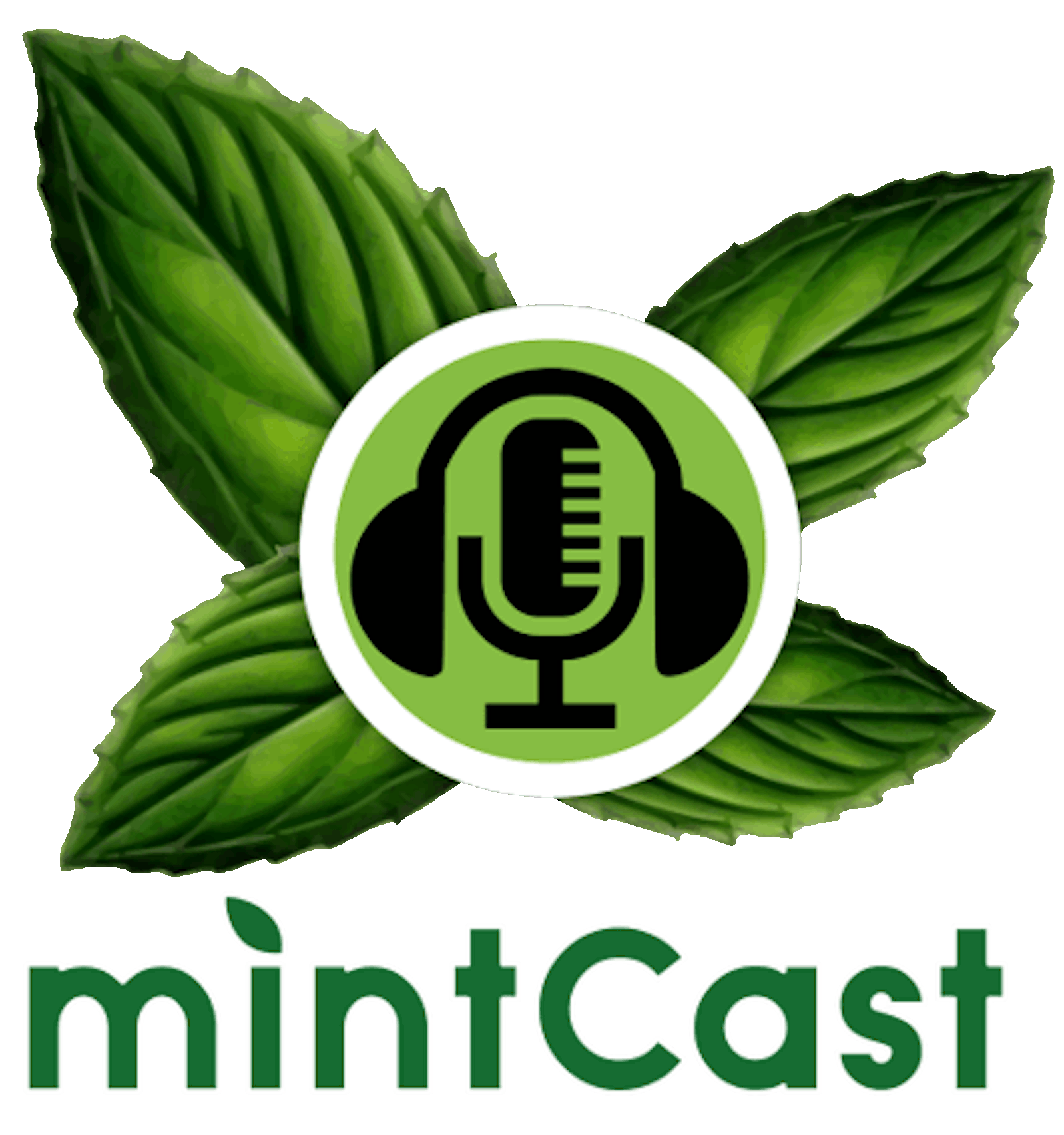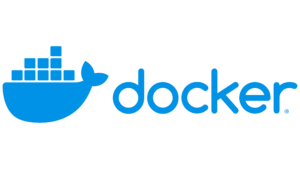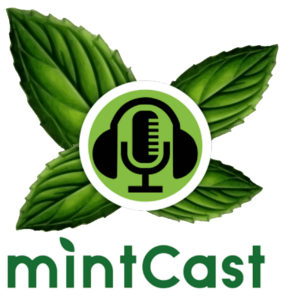Episode 123: Rollin’ Rollin’ Rollin’ Release!
News:
The Main Topic:
- Full Rolling vs. Part Rolling Distribution
- Part-rolling distributions (semi-rolling, or half-rolling) have a subset of software packages that are not rolling. These packages usually form either a non-rolling ‘core’ (such as the kernel and other major packages) or conversely a non-rolling ‘wrapper’ (normally custom application software to aid ease of use).
- PCLinuxOS, Chakra Linux, Aurora OS (non-rolling core)
- Toorox Linux (non-rolling wrapper)
- Full-rolling distributions do not divide the distribution into a rolling and non-rolling part. They apply the rolling release software development model to the entirety of the software stack.
- aptosid, siduction and Semplice Linux (based on non-rolling development core)
- Arch Linux, Gentoo Linux, rPath Linux, and Yoper Linux (all independent)
- Sabayon Linux, Calculate Linux, Funtoo Linux (all based on Gentoo Linux)
- Arch Hurd, ArchBang, CTKArch, KahelOS, and Parabola GNU/Linux (all based on Arch Linux)
Pseudo Rolling vs True Rolling Distribution- Pseudo-rolling distributions attempt to stabilize a development branch of a non-rolling distribution via software patches to obtain a distribution with features similar to those of a true rolling release.
- aptosid, siduction, Semplice Linux, antiX, LMDE, Aurora OS, Vanillux and Epidemic Linux
- True-rolling distributions are developed solely using a rolling release software development model.
- Arch Linux, Gentoo Linux, rPath Linux, Yoper Linux and Sorcerer Linux (along with its forks: Source Mage and Lunar)
- Arch Hurd, ArchBang, KahelOS, Parabola GNU/Linux etc. (based on Arch Linux)
- Sabayon Linux, Calculate Linux, Funtoo Linux, etc. (based on Gentoo Linux)
- Foresight Linux (based on rPath Linux)
Other Flavors Of Rolling- Opt-rolling distributions either have a separate rolling and non-rolling release edition of the distribution, or can be optionally run as a rolling or a non-rolling release distribution. Generally, they are either rolling or non-rolling by default. Optionally rolling distributions are relatively rare, compared to other rolling release distribution models.
- openSUSE (using Tumbleweed)
- Cyclic-rolling distributions are based on a cyclical development branch of a non-rolling distribution; as a result the general age and stability of the packages does not remain consistent through the development cycle; especially across the end of a cycle, during a release of the non-rolling parent distribution.
- antiX and LMDE
Rolling Release DIstros!- Gentoo Linux (full, true, independent)
- An independent ‘self-build’ source-based distribution
- Puts an emphasis on compiling software packages from source-code using the Portage Package Manager, rather than installing pre-compiled binary software packages
- Supports a wide range of computer architectures and desktop environments
- Most up-to-date packages through Portage
- Arch Linux (full, true, independent)
- An independent community developed Linux distribution
- Adheres to the KISS principle and aims to use only ‘vanilla software’ packages (i.e. plain/non-customized), minimizing the number of software patches and giving a ‘simpler’ operating system.
- Uses the Pacman package manager and is a ‘self-build’ distribution
- Rolling release with tweaks out the wazzz.
- Sabayon Linux (full, true, Gentoo-based)
- A binary-based live distribution
- Wide range of desktop environments available, including Cinnamon, Enlightenment, Fluxbox, GNOME, KDE, LXDE, Openbox, and Xfce
- Adheres to the out of the box philosophy and is intended to “just work”
- Aims to provide a Gentoo-based distribution that is easy to use for less experienced and newbie Linux users.
- Background updates through Rigo-daemon or Entropy-daemon.
- Ability to use binary build of packages or roll your own through the portage system or using overlay.
- Linux Mint Debian Edition (pseudo, cyclic, Debian-based)
- A live distribution which is rolling and based on Debian “Testing”
- Available with either the MATE/Cinnamon or Xfce desktop environments
- Receives “Update Packs” which are tested snapshots of Debian Testing. Users can choose either “Incoming” or “Latest” repository. (Testing > Incoming > Latest)
- Users can switch their sources to follow Testing, or even Unstable, directly to get more frequent updates.
- Can adapt most ubuntu .debs to run on Debian
- OpenSUSE Tumbleweed (opt)
- Very up to date, but on development systems things can break quite easily.
- Independent RPM binary-based live Linux distribution
- Open source and community developed, produced by the openSUSE Project which is sponsored by SUSE
Links:
- http://en.wikipedia.org/wiki/Rolling_release
- http://www.linuxquestions.org/questions/linux-distributions-5/easiest-to-install-and-use-rolling-release-distribution-935315/
- http://www.linuxquestions.org/questions/linux-desktop-74/advice-for-the-right-rolling-linux-distribution-889944/
- http://www.makeuseof.com/tag/linux-mint-debian-edition-perfect-flavor-linux-reinstall/
- Part-rolling distributions (semi-rolling, or half-rolling) have a subset of software packages that are not rolling. These packages usually form either a non-rolling ‘core’ (such as the kernel and other major packages) or conversely a non-rolling ‘wrapper’ (normally custom application software to aid ease of use).
Featured Website:
Tip:

Your browser does not support the audio element.
MP3:
OGG:
More Information:
Hosts:: James, Rob, Scott, HarrisonLive Stream (Mondays at 8:00 p.m. Eastern): mintcast.orgSubscribe: [iTunes] [Zune] [RSS MP3] [RSS OGG]Contact Us:Forum: forums.linuxmint.comEmail: [email protected]Phone:1-832-514-2278
Twitter: @mintCast @Linux_Mint @3dbeef @jamescoyner @txhawkins
IRC: irc.spotchat.org – #mintcast
Google+: mintCast
More Linux Mint info: website, blog, forums, community
Credits: Podcast Entry and exit music provided by Mark Blasco (podcastthemes.com). The podcast’s bumpers were provided by Oscar.
Podcast: Play in new window | Download
Subscribe: RSS




Hey “Dudes”, the mp3 file is missing and the .ogg file size is absurd (not that your usual mp3 file sizes are small). I’ve already written to you about sizes of your files, ID3 tags mess in the past (via email) but never got even a confirmation that you’ve read it. Why do you list so many ways of contacting you if you don’t bother to check if anyone actually sent something?
t47,
I fixed the problem with the current MP3 file not showing up. It was actually there, but had a typo in the file name and was not marked as the “default” in the RSS stream. We did fix the ID3 tag problems we were having, largely based on your earlier comments. The issue there was that we were using a large embedded graphic. We’ve also been looking at the tags we’re using to make it easier for people to find them.
still says file not found when you try to download it or play it from the web
Try purging your browser cache. The links seem to work for me.
Foresight is “original based on” rpath, is more accurate.
When Foresight 3 releases, it will be independent.
Hey guys, I admit I was perplexed by the conclusions you were drawing from Debian’s decision to exclude non-free packages from their repositories. It is true that Debian thrives in server market, but this change does not make it any less of a desktop distribution. Fedora has excluded non-free packages such as Skype, mp3 and flash for as long as I can remember and still has a solid following and a share of linux desktop users.
Thanks for the show.
Hi guys. Rob, that was an awesome bit of research. Great job!
James, please accept some well-intentioned constructive criticism?
While your input was highly informative, it was conversationally timed badly this week and seemed to counter Rob’s organization of the rolling release topic. Did you have some extra sugar? 🙂
And while you touched on kernel patches in non-rolling releases, Ubuntu 10.04 LTS just got 2.6.32-41.94.
Keep up the good work, guys.
I’d like to echo both of Bill_MI’s comments – there was some really good work put into this episode. At the start I thought I knew the difference between a rolling and periodic release, but it turns out there is far more to it than I had realised. Thanks a lot for taking the time to explain it thoroughly and it will certainly sway me in my pick of a future distro. (I’m using Mint 13 and SolusOS at the moment)
Also, perhaps it would be best if James stayed off the drink before the next episode. While I usually enjoy his enthusiastic comments, I felt at times like Rob was struggling against him to make the points necessary to explain this complicated subject. Very well tolerated Rob!
Keep up the good work, and well done for tackling this topic.
I enjoy the show, but would appreciate it if profanities were edited out in the recorded version. I understand that things slip in the moment of frustration, but for those of us who don’t listen live, please edit your show appropriately.
While I have no problem with profanities, in fact i can use them quite regularly myself, but I was amazed when they showed up in this mintCast. I know things can get really frustrating with tech, and I can understand that you want podcast listeners to get more or less the same show that the live listeners get, but there are times when you need to fire up something like Audacity and take out the virtual razor blade to make a better show. The profanities have no place in a family podcast and while it’s nice to know James knows the words they should have been left on the editing room virtual floor. The joining them should have been the breaks when you were trying to get Rob back online. Having worked in live radio I know something stuff happens but I would think a program, or a podcast, would take the time to get rid of them simply in the interest of making the podcast easier to listen to.
Or am I expecting too much out of mintCast?
Replaced Crunchbang on a older laptop with Sabayon9 over the weekend because I wanted a good rolling distro that I know would get updated. Entropy package manager makes altering the Xfce-standard applications very easy. Worth a shot, whomever wants to look at something new.
BillMI suggests that James had sugar? Remember the rules, James: you only bring sugar to the podcast if you’ve brought enough for everybody to share. 😉
About the complaints about F3 being taking away from Nautilus, why not just use CTRl+T and use a new tab?
No extra “sugar” just booze and loads of extra coffee LOL!
James James James not your best show. You’ve been hanging around those LAS guys too long. That constant interrupting style is extremely hard to listen to. Talking over each other in the middle of an explanation is just plain annoying. I’m sure you know how it feels when a professor is explaining something you find really interesting but gets interrupted by a irrelevant comments.
I think the debian decision is a step backwards rather than forwards. In 2012, anything that makes Linux harder to use by everyday people makes no sense. For an example:
I’m a cord cutter which means I don’t have cable TV or internet coming from a hard line to my house. I’m a wireless and mobile broadband user only. Any distro that puts free software ideology over basic wireless drivers or the ability to watch a online & dvd movie is useless to me.
One of the best – thanks Rob. It confirmed my unease with rolling distributions – too much agro. I used the PCLOS rolling PCLOS for a long, now I use LM13 LTS MATE. This seems to work for me as an applications user rather than an OS ‘wrangler’. I tend to install a later distro when I break the old one.
The standing desk is a great idea – my son used one to help himself after his martial arts injuries!
Pity about the open mic, James!
James… James… James. I have to echo others.
First, the constant interrupting is getting worse and is really difficult to listen too. Please try and let one finish a sentence/point.
Second… Please edit these podcasts a little. At least the “F” words… were better than this. /sigh
I use Arch Linux on all my systems (5). I have used everything from Gentoo to Ubuntu. Arch requires a base level of knowledege to install and maintain. Arch requires the user to be the system admin. I believe that Arch is how Linux is mean’t to be. All issues are handled up stream with few patches. Most system breaks are due to issues upstream. If you review the bug log of most programs you will find the bug reports come from Gentoo or Arch Linux users. Everytime I move away from Arch, I always move back.
Wow I actually switched off half way through the podcast….james I have to agree with the previous posts you were very annoying to listen to especially when you kept speaking over rob. This what makes LAS irritating to follow when brian roosts over chris even though B man is very entertaining. Not sure if you were trying to mimic B man but tbo its not your style and leave that to B man….
Hey guys thanks for the comments regarding me channeling Bryan. I think for now on I’ll go ahead and leave drunk James for when I guest star on other things….
Great podcast, as usual.
Surprisingly you left out the obligatory mention of SolusOS – it is a part-rolling release with Debian Squeeze kernel and newer apps.
Like many others my LMDE-Xfce install has been stable. I’ve found xfce 4.10 in LM13 to be a well behaved minor update so far; too bad Wheezy will probably be stuck with 4.8 almost forever. I can’t choose which Mint distro yet – LMDE is Canonical free but doesn’t support WINE (still need a few Windows apps).
How about a future show featuring GIMP 2.8? It’s been stable for me on Windoze but it is still rare in Linux repos.
My only pet peeve about Mintcast is Rob or Scott repeatedly saying the Cinnamon DE is a ‘better, more modern’ interface. I demand more articulation of this statement! Cinnamon needs to become as customizable as Xfce, Gnome2 or even WinXP before I’ll use it full time.
Interesting podcast! Just wanted to post a comment and a question/concern.
First, the comment: Around 55-60 minutes into the show, it is said (more than once) that Fuduntu is not a rolling release. However, that’s not right; Fuduntu is a rolling release, and I believe it has been for about a year now. (Fuduntu mentions its rolling-release status on the homepage of fuduntu.org.)
Now the question/concern: I’m not entirely sure that you guys got it right about Debian and the FSF in the news segment (around the 17-18 minute mark). You say that they (Debian) are going to remove all non-free software from their repos and no longer support it. But have they actually made this decision? The proposal you’re discussing was just that, a proposal (as far as I can tell), and here is how it was initially presented: “I think we should either get Debian in FSF [free-distros list], or document (from our POV) why Debian is not there.”[1] The “either-or” in that sentence could be very significant. Furthermore, a mailing list (fsf-collab-discuss[2]) has been set up to discuss the proposal and how to implement it, and the discussion there seems still to be ongoing. I’m unaware of any firm decision actually having been made about this yet. Are you?
Thanks! By the way, I should mention that I listened to all but about 15 minutes of the whole podcast, so it’s possible that you corrected or elaborated on some of this in the part that I didn’t hear. If so, sorry about missing it.
[1] http://lwn.net/Articles/505085/
[2] http://lists.alioth.debian.org/mailman/listinfo/fsf-collab-discuss